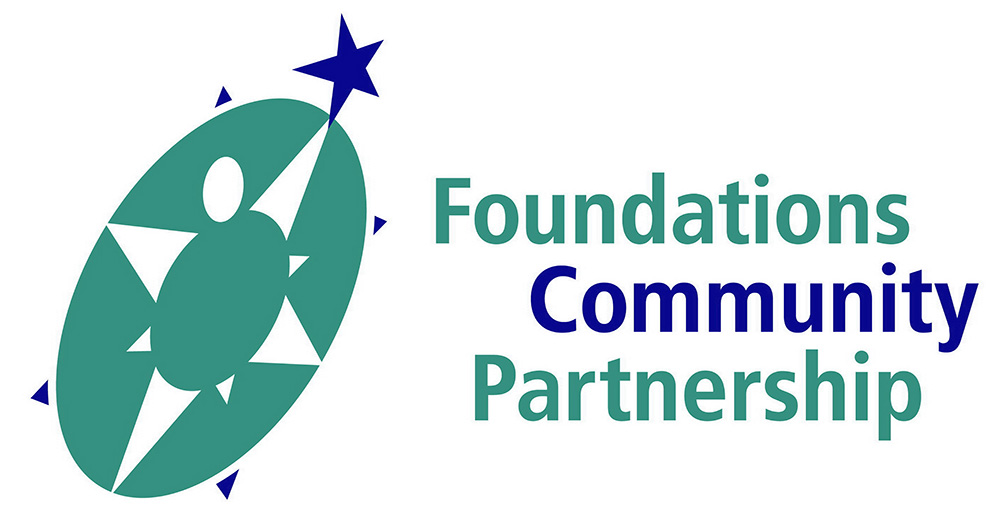Problem Solving Therapy
I don’t know about you, but I am always open to learning about techniques to help my patients solve problems. In his presentation this week, Dr. Arthur Nezu will suggest treatment strategies to help our patients cope more effectively with difficult life situations by fostering the adoption and effective implementation of adaptive problem-solving attitudes and behaviors in order to reduce depression.
Dr. Nezu is Professor of Psychology, Medicine, and Public Health at Drexel University and co-author of “Problem-Solving Therapy: A Positive Approach to Clinical Intervention”. He has contributed to over 175 scientific and professional publications, including 20 books. He co-developed Problem Solving Therapy (PST), a cognitive-behavioral intervention that has been empirically found to be efficacious for treating a wide variety of populations.
I am looking forward to his workshop!

Someone once said (Ben Franklin?) “ A smart person can explain complex ideas. An even smarter person can explain complex ideas in simple terms” . Dr. Nezu, did that in his presentation today.
My first introduction to this topic was Jay Haley’s book, “Problem Solving Therapy” in the mid 1970’s. Dr Nezu’s presentation provided a whole new view of PST, including 30 years of ongoing empirical research, and , under the umbrella of Cognitive Behavioral Therapy, he managed to squeeze “Social Learning”, “Cognitive/Attribution”, “Behavioral”, “Physiological”, “Neuropsychological”, and many other psychological concepts into three short hours. Also, he focused on treatment techniques to help teach depressed people effective problem solving skills. Nice Job!
In general, I thought that the today’s workshop was fun and informative. At the break, I heard one person say that too much time was taken to answer questions from one or two people. This person asked if there was any way to limit the number of questions by one individual. The person who made the statement said “I paid to hear Dr. Nezu and not someone’s personal work with a previous client”. Any comments or suggestions?
Upon reflection this afternoon, I thought that Dr. Nezu appeared as a very relaxed and knowledgeable speaker on the topic of “Problem Solving Therapy” for depression. It later occurred to me that he must also be a very clever speaker. He managed to convince most of us that a “yawn” is not only socially acceptable but, also is a good tool to teach depressed patients to improve mental health. He did suggest that we instruct patients to cover their mouths.